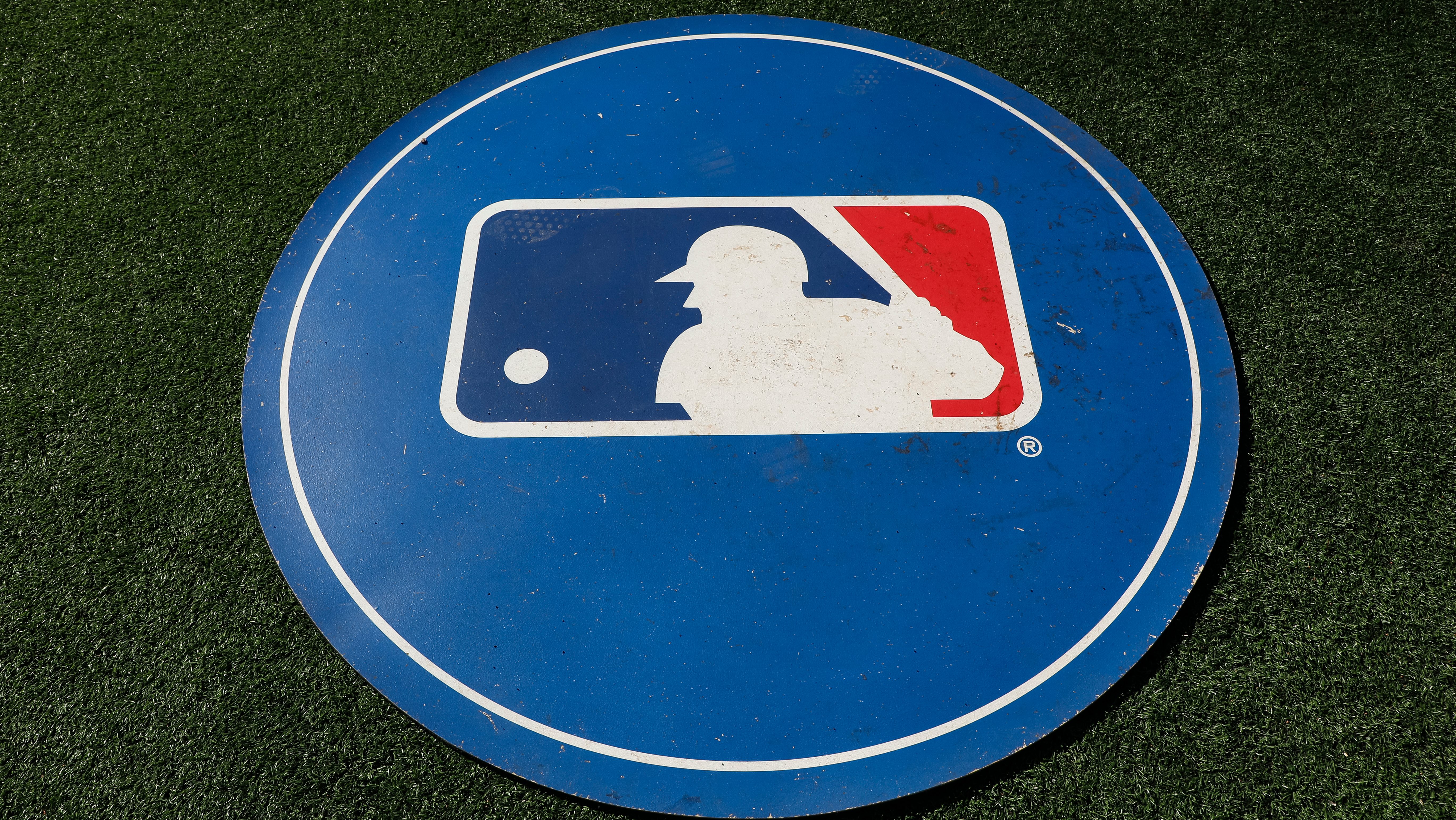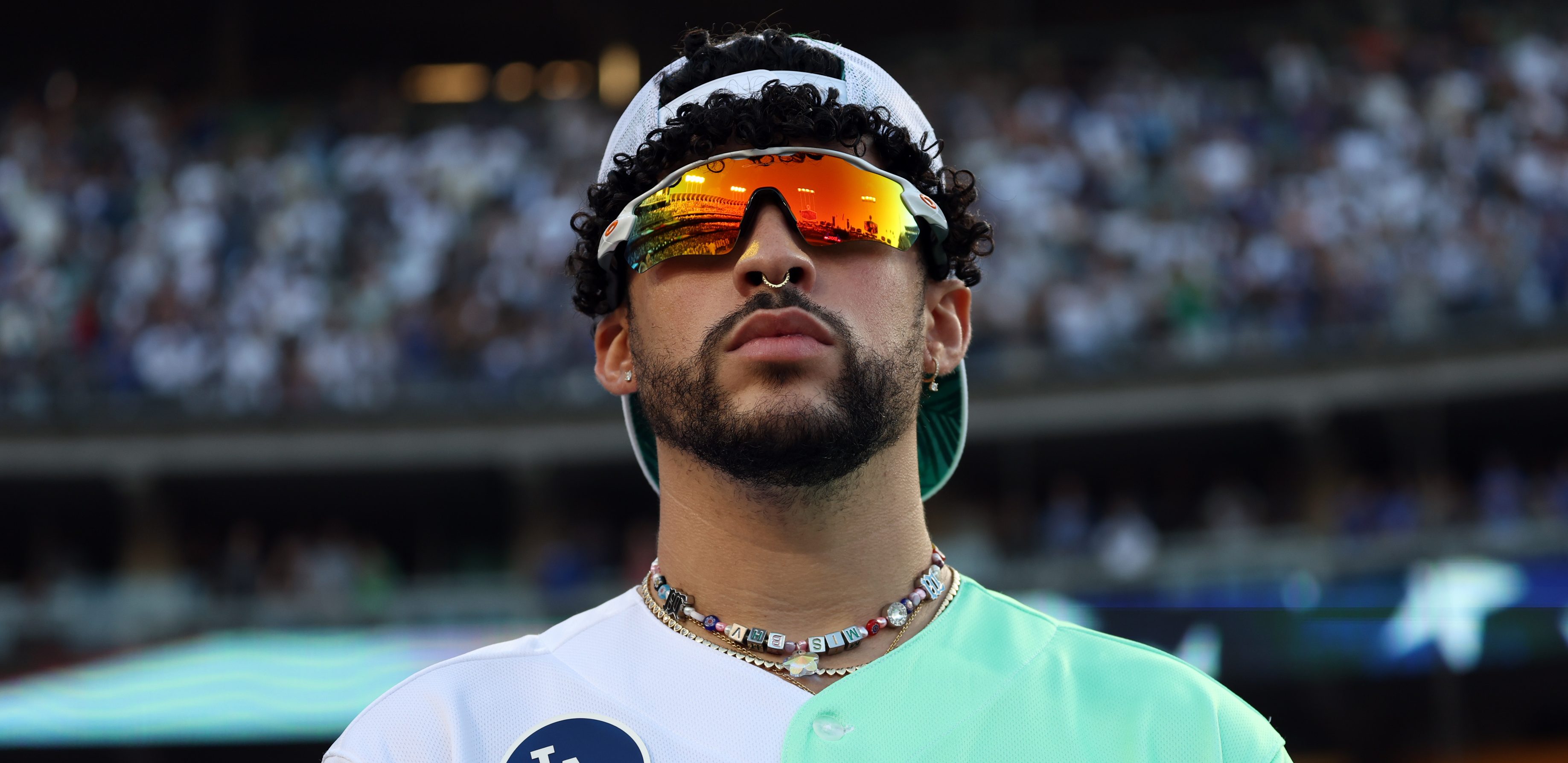MESA, Ariz. — David DeJesus felt a sense of calm on Wednesday when he hit send on his Twitter account, announcing his retirement as a professional baseball player and promoting his new gig as a Cubs analyst for CSN Chicago.
DeJesus will appear across multiple platforms, bringing the perspective of someone who got in on the ground floor of the Wrigleyville rebuild, mentored Anthony Rizzo during the 101- and 96-loss seasons and appreciated Joe Maddon's laissez-faire style with Tampa Bay.
After being a go-to guy for reporters on some intentionally bad teams in 2012 and 2013, DeJesus talked about how his TV deal came together, the jarring nature of this business and his overall impressions of the Cubs:
Q: All along, were you planning to pivot and move into the media?
A: "Three years ago, I would tell you there would be no chance. But in late December, Kap (CSN's David Kaplan) gave me a call. I was still getting ready for spring training. My hip injury was healing, so I was really focused on that. Todd (Hollandsworth) just left (for Fox Sports Florida). There's a spot open right now. (Kaplan) asked: 'Do you mind me throwing your name in the mix?'
"I really didn't think anything was going to come of it, because I wasn't really pursuing it at all. Like two days later, I (interviewed with CSN). It was a waiting game and next thing you know — boom! — all right, you're our guy.
"So now it came to the point where I had to make a decision: Am I going to keep following a baseball career where I'm coming off an injury at 37 years old? Or do I turn the page and start a new chapter in my life?"
MLB
Q: Was not playing last year specifically a physical issue or more about the mental grind?
A: "At the end of the 2015 season, I went to the Angels and I did terrible there. After the season, I went to the doc and I had a 50 percent torn labrum in my left hip and there was a cyst in there. So any time I tried to sit on my back leg ... I just couldn't do anything.
"(I figured): Let me give myself some time away from baseball, hang out with my son, be a dad for a little bit. But in the back of my mind, I'm going to still try for spring training this year.
"The reality was: All right, no one's calling. You're getting older. Injuries have crept into my career and you missed the whole season.
"And then this job popped. It was a godsend, because I was praying about what's next. Every baseball player has the what's-next moment. I'm fortunate enough that mine wasn't that long."
Q: Could you explain how weird or abrupt that feeling is after playing 13 years in the big leagues and being so structured?
A: "It's crazy, because you expect a team to call. You expect a team to just give you an invite. When your agent stops calling you, your phone stops ringing, it's a real humbling moment. I needed to have that time to really mentally and physically separate myself from the game.
"I needed to dig into: Who am I? I had to answer those questions. Am I just a baseball player? Or am I someone who can still stay in the game somehow?
"This job fell into my lap where I can still be a part of a team and still be in baseball, but on the other side of the camera."
Q: Where were you when the Cubs won the World Series?
A: "My wife doesn't watch too much baseball, but once that postseason comes along, that's when you start seeing some tweets about the Cubs.
"We moved out to California, and over there sports really get lost. You can go to the beach. There's just so much to do. We were just living life. But then the World Series came, and that's still a team that's in both of our hearts. That was my first big-market team — and what I feel is the classiest organization in MLB. We both have ties there. We still have our house there.
"Seeing them win it, I was like a (proud) older brother. I was there when teams were just stomping all over us, just beating us down badly. And to see them winning the World Series five years later, it's like: 'Yes!'"
Q: We used to see Rizzo following you around like a puppy dog during spring training: What did you try to teach him?
A: "I wanted him to have a routine. Get yourself something that you can rely on each and every day to get your body ready for the game, mentally and physically, because we knew he had the talent. He just needed to find his place.
"He struggled in San Diego and I think he needed confidence, that daily confidence to know: 'OK, I've prepared myself for the game and now I'm just going to go out there and play it. Let my skills shine.'"
Q: As one of the first guys signed by the Theo Epstein regime, what do you remember from that free-agent process and the recruiting pitch?
A: "(In Boston, they) were trying to (acquire) me a few years earlier, before I injured my thumb in 2010 with the Kansas City Royals. So they knew the type of player I was. They wanted to change the atmosphere inside the clubhouse, bringing in guys that are team-oriented and can play the game as well. I think that's what they saw in me — a veteran leader that can show guys the right way and be a truthful and honest person inside and outside the clubhouse."
Q: What made Maddon such a good fit for this Cubs team?
A: "The looseness. Joe gives the reins to the players. He lets the players patrol themselves. He doesn't get into all the little things, all the rules. He had two rules: Run the ball out and be sexy.
"Play sexy? As a player, how do you not like that? It's unbelievable that he gets away with that. When you're on other teams playing against Joe Maddon teams, you're always like: 'Dude, why are these guys enjoying themselves (so much)?'
"That's what you saw last year. These guys were having fun. The players made the clubhouse. That's the special thing about Joe. He (gives) the players the freedom to be who they are."
Q: Looking back on your time with Tampa Bay, what would your 'best' and 'worst' lists look like in terms of Maddon's stunts?
A: "I liked his Miami all-white dress-up (trip). You feel like you're in 'Miami Vice' walking off the plane. The other one I remember (was when) we were struggling with our bats, so he brought in this like Native American rain man, thinking the water sprinkled in our dugout would wake up our bats. But the only thing it did was it poured nonstop for three days outside the stadium. So it did bring rain, but it didn't do anything for our bats at all."
Q: Were you surprised at the backlash over how Maddon managed during the World Series?
A: "It comes with the territory, man. Being a manager, you have to make tough moves at times. Not everyone's going to be behind you. In any job, in any leadership role, there is going to be backlash. There is going to be people that love you. And there is going to be people that hate you.
"Joe handles it the right way: 'Hey, man, we won the championship.' That's the ultimate goal — to win the championship. In my opinion, there were some things there. Come on, (Aroldis) Chapman? I think we all saw it.
"But at the end of the day, they have the World Series trophy back in Chicago. Come on, we're looking too hard to find stuff sometimes."
Q: In this job, have you prepared yourself for the times where you might have to criticize people you've worked with before?
A: "That's the question that everyone's asked. It's a very good question, because that, in my opinion, is going to be the toughest part, when that first moment comes. But I've talked to Todd and other guys who've just started in (the business). It's part of the game. But I'm going to wrap it in love.
"I'm going to (say): 'You shouldn't have done this.' But let's try to make it a teaching moment for the fans. It's not about calling guys out as a human being, as a person. We're just calling out what we saw on the baseball field. That's it."


